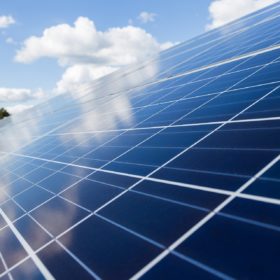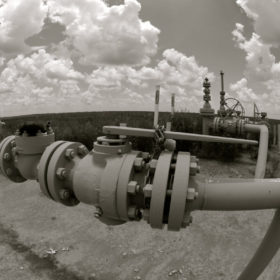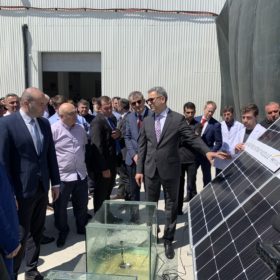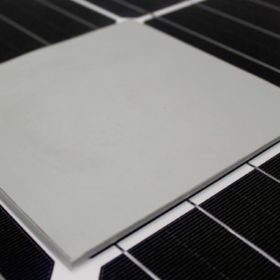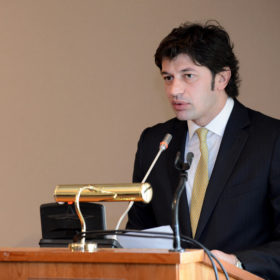Georgia seeks consultants for 6.13 MW solar plant
The authorities in Georgia are soliciting consultants for a 6.13 MW solar plant. The consultants will prepare a feasibility study and technical specifications. The deadline for applications is June 10.
Georgia tenders 70 MW of solar
Georgia’s new procurement exercise is part of a 300 MW tender to deploy renewables throughout the former Soviet republic.
Georgia launches tender for 5 MW solar park
A fund controlled by the Georgian government is seeking investors for the country’s first solar park. Its development began in 2017.
Solar and wind together overhaul global hydro capacity
The latest set of clean energy statistics compiled by the International Renewable Energy Agency signal a changing of the guard when it comes to clean power, with legacy hydropower facilities overtaken by new intermittent renewables.
Solar could help Azerbaijan consolidate gains in Nagorno Karabakh after recent conflict
That was just one of the revelations of the latest Dentons’ Guide to renewables investment in Europe, which also noted solar plants could be switched off in Slovakia, Ireland could go either way on clean power pricing, and Luxembourg is struggling with a surprising headache.
Georgia explores green hydrogen
The Caucasian nation could use its hydropower resources to generate the sustainable fuel for transport in its gas pipeline network. An agreement to cost the development of such an industry formed part of a deal which will see the EBRD lend the Georgian Oil and Gas Corporation €217 million to help it through a Covid-19-related cash crisis.
AE Solar inaugurates 500 MW module factory in Georgia
The German solar module manufacturer has commissioned its European module factory in Georgia. The manufacturing facility can be readily expanded to about 1.2 GW and the first 500 MW phase should be fully operational in the course of the next month.
Georgia preps 50 MW solar auction
Under the supervision of the European Bank for Reconstruction and Development, the Georgian authorities will identify a site for a 50 MW solar project. Tblisi is also seeking help to define an auction mechanism for renewables.
AE Solar to open 500 MW European module factory in Georgia
The German panel maker said the new factory, which will add to its 525 MW facility in China, will expand its production capacity to 1 GW. With plans in the pipeline to enter the PV project business, that figure could rise to 2 GW by the end of next year.
Georgia launches net metering scheme for solar and other renewables
Through the scheme, the Caucasian country will support wind, solar, biomass, and hydropower generation installations with a capacity of up to 100 kW.




